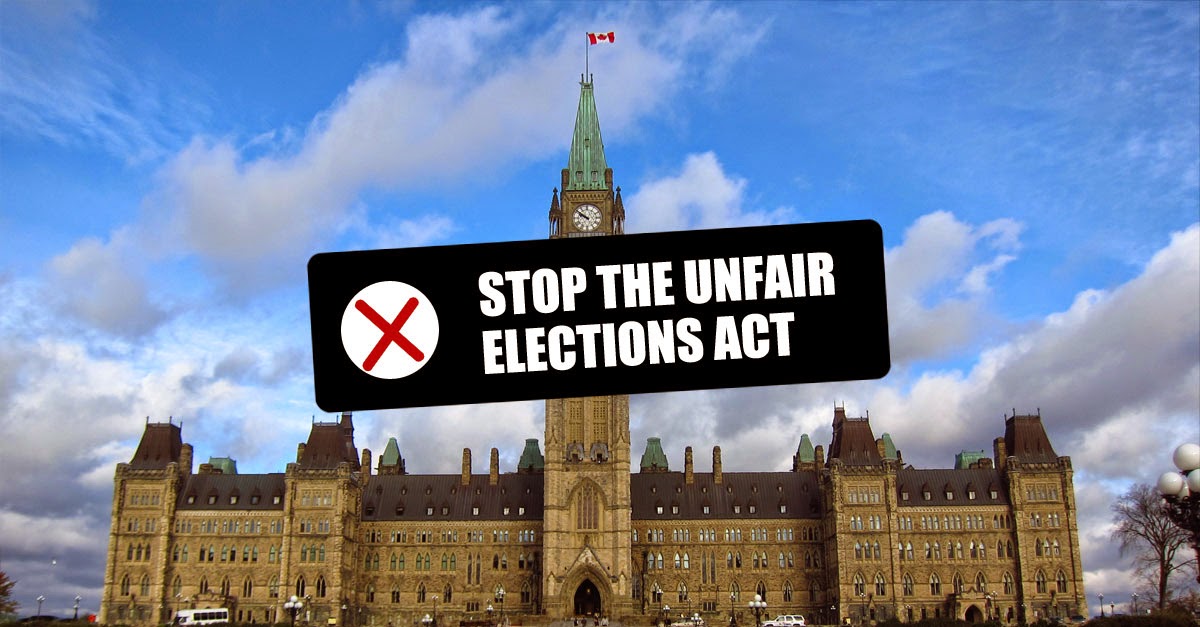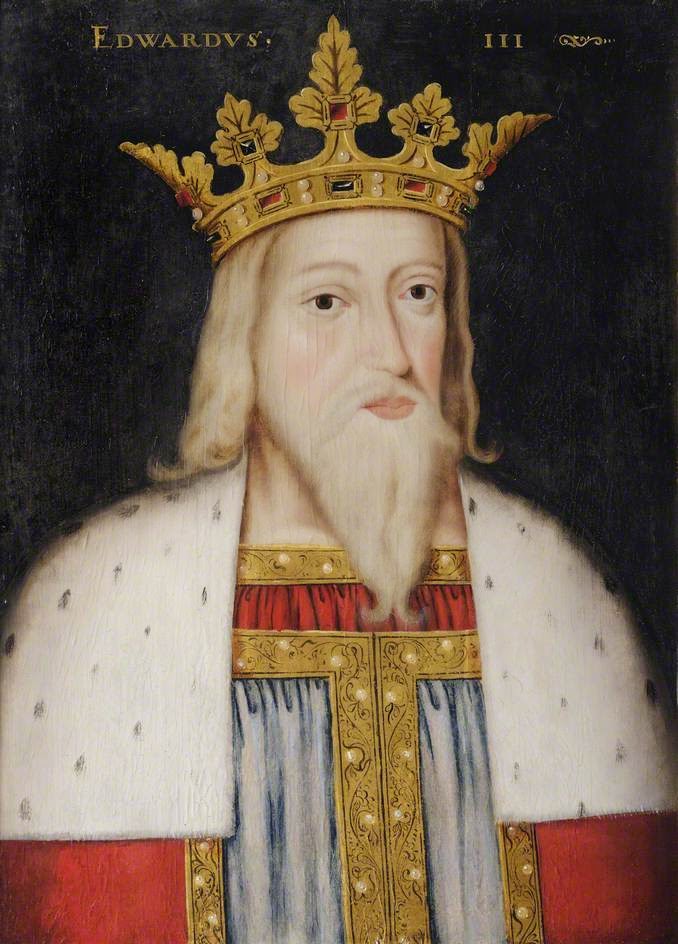1st federal corrupt election practices law passed:
ON 26TH JANUARY 1907 - 1st federal corrupt election
practices law passed:
 President Theodore "Teddy" Roosevelt signs the Tillman Act into law. The Act restricts financial commitments to national political battles by companies and national banks. Roosevelt, stubborn by assertions that he had acknowledged despicable gifts amid his 1904 presidential crusade, has pushed for such limitations since he took office (see August 23, 1902 and December 5, 1905). [federal ELECTIONS COMMISSION, 1998; CENTER FOR RESPONSIVE POLITICS, 2002 pdf document; MONEYOCRACY, 2/2012] Senator Benjamin Tillman (D-SC), later portrayed by National Public Radio as a "populist and harmful bigot," supported the bill. [national PUBLIC RADIO, 2012] In 1900, Tillman was cited as saying in regards to dark voters: "We have done our level best. We have scratched our heads to discover how we could kill every single one of them. We stuffed polling booths. We shot them. We are not embarrassed about it." [atlas, 2010, PP. 205] Unfortunately, the law is effortlessly dodged. Organizations and companies give workers vast "rewards" with the comprehension that the worker then gives the reward to a hopeful "embraced" by the firm. Not just do the organizations discover and adventure this escape clause, they get an extra duty conclusion for "representative advantages." The law will be corrected to cover essential decisions in 1911
President Theodore "Teddy" Roosevelt signs the Tillman Act into law. The Act restricts financial commitments to national political battles by companies and national banks. Roosevelt, stubborn by assertions that he had acknowledged despicable gifts amid his 1904 presidential crusade, has pushed for such limitations since he took office (see August 23, 1902 and December 5, 1905). [federal ELECTIONS COMMISSION, 1998; CENTER FOR RESPONSIVE POLITICS, 2002 pdf document; MONEYOCRACY, 2/2012] Senator Benjamin Tillman (D-SC), later portrayed by National Public Radio as a "populist and harmful bigot," supported the bill. [national PUBLIC RADIO, 2012] In 1900, Tillman was cited as saying in regards to dark voters: "We have done our level best. We have scratched our heads to discover how we could kill every single one of them. We stuffed polling booths. We shot them. We are not embarrassed about it." [atlas, 2010, PP. 205] Unfortunately, the law is effortlessly dodged. Organizations and companies give workers vast "rewards" with the comprehension that the worker then gives the reward to a hopeful "embraced" by the firm. Not just do the organizations discover and adventure this escape clause, they get an extra duty conclusion for "representative advantages." The law will be corrected to cover essential decisions in 1911
The Federal Corrupt Practices Act (otherwise called the Publicity Act) was a government law of the United States authorized in 1910 and corrected in 1911 and 1925. It remained the country's essential law directing crusade fund in government races until the section of the Federal Election Campaign Act in 1971. Made by President William H. Taft.(27th President)
The Federal Corrupt Practices Act (FCPA) was sanctioned on June 25, 1910 and systematized at 2 U.s.c. Segment 241. It based upon the restriction on corporate commitments contained in the Tillman Act of 1907.
The 1910 Act built battle spending breaking points for political gatherings in House general decisions. It was the first government law to create open divulgence of monetary spending by political gatherings (however not hopefuls) by obliging the national advisory groups of political gatherings to record post-race reports with respect to their commitments to individual applicants and their own individual consumptions. On the other hand, the 1910 Act just secured single-state political gatherings and decision panels, conveyed few punishments and was once in a while implemented.
On August 19, 1911, the FCPA was corrected to augment the Act's prerequisites to U.s. Senate applicants and essential races. The 1911 alterations likewise obliged monetary divulgence by possibility surprisingly, and made points of confinement on the measure of cash applicants were permitted to spend on their crusades. House fight consumptions were held to $5,000 and Senate uses to $10,000, or the sum built by state law (whichever was less).
At the same time then the Supreme Court of the United States administered in Newberry v. U.s. 256 U.s. 232 (1921) that the congressional power to direct races did not stretch out to gathering primaries or assignments, therefore striking down the 1911 alteration's spending breaking points.
On February 28, 1925, the Federal Corrupt Practices Act was changed and reinforced. The revisions expanded the FCPA's scope to multi-state gatherings and race boards of trustees, and obliged that budgetary divulgence reports be made quarterly. It additionally settled a prerequisite that any commitment over $100 be accounted for. The corrections additionally raised Senate fight spending breaking points to $25,000. Anyway this stronger adaptation neglected to accommodate satisfactory regulation of battle fund. The law accommodated no administrative power to make the way of reporting or its exposure to the general population, and set no punishments for inability to consent. The law did not manage complete commitments, which swayed gatherings and givers to set up numerous panels and make different gifts (all under $100) to avoid as far as possible. Implementation was surrendered over to Congress, which once in a while acted.
The U.s. Incomparable Court maintained the reporting prerequisites of the FCPA against an established test grammarin Burroughs v. U.s. 290 U.s. 534 (1934).
In 1941, the U.s. Incomparable Court in United States v. Exemplary, 313 U.s. 299 (1941) maintained the Acts' spending breaking points in government decisions. The court constrained its governing, be that as it may, by presuming that the congressional force to manage amplified just in situations where state law made primaries and designations some piece of the race and/or at whatever point the essential viably decided the result of the decision.
The FCPA was canceled by the section of the Federal Election Campaign Act of 1971. It was no more in energy on April 8, 1972.



Comments
Post a Comment